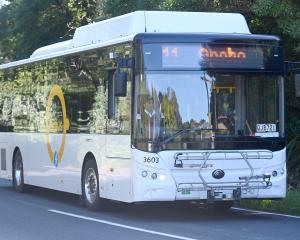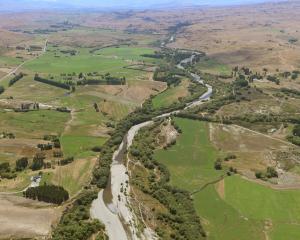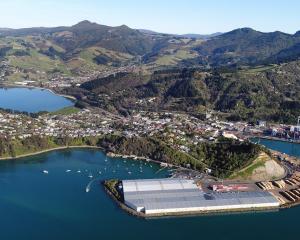
It follows the Otago Rescue Helicopter Trust presenting its annual report during a full Otago Regional Council meeting on Wednesday, which sparked discussion about whether the Southland community and council needed to contribute more money.
Responding to the barbs, Environment Southland yesterday said it welcomed having a conversation about funding the service — which it at present provided no money for.
Otago regional councillor Gary Kelliher hoped it could help put political pressure on Southland to change that.
"The key for me is that your good grace and what you’re actually doing to ensure those services are covered in Southland, are then matched," he told trust chairman Martin Dippie.
As the service increased its activity in Southland, the region was "getting a free lunch".
"A good outcome could be that you also have an Environment Southland, or another logo, sitting on there with a similar level of funding."
He was referring to the Otago Regional Council’s annual $350,000 of funding to the trust.
Mr Dippie said the trust had discussed ensuring the funding was "fair and equitable" across the wider communities and the "burden" was not in any one area.
The service often flew out of its zone for patients.
"We are agnostic as to where a patient shows up ... we don’t care about that as long as they’re being rescued — it does not matter where they come from."
There was a conversation to be had with Southland, he said.
Environment Southland chief executive Rob Phillips said it welcomed having that conversation following the meeting.
It had had previous conversations with the trust about funding and recognised the value the "essential" service provided to the community, he said.
"Environment Southland could consider this type of request, alongside others, as part of our long-term planning process which is currently under way."
Helicopters Otago managing director and chief executive Graeme Gale said there was work that could be done with extra funding to enhance the service for Southland including opening up areas such as Balclutha, Tapanui, Te Anau and Invercargill.
To that, regional council chairman Andrew Noone said the council would keep communicating about funding.
"We will certainly do our bit politically, talking to our counterparts on the other side of our southern border."












